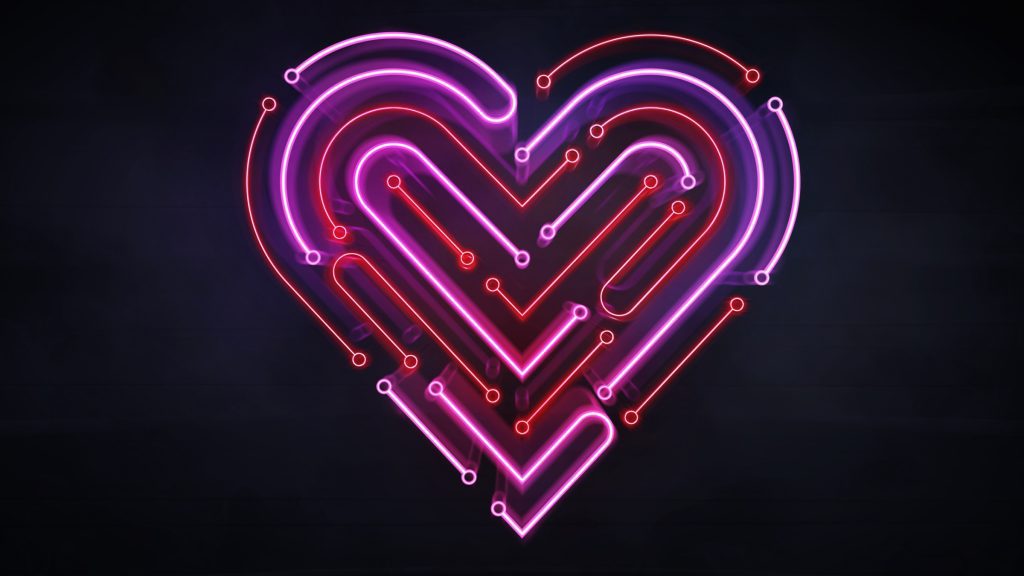
A growing number of young adults are forming deep emotional and romantic bonds with chatbots, triggering questions for families, researchers, and society about virtual love, intimacy, and the boundaries of human-machine relationships.
What was once mere science fiction is becoming a lived reality, where falling in love with AI chatbots has become more accepted as the norm. Survey data shows that across the US and Europe, more adults are engaging in romantic or intimate exchanges with AI chatbots, going as far as perceiving them as companions.
These relationships with AI have long held assumptions about partnership, identity, and social norms, especially among parents of Gen X who once supported progressive values but now confront a new taboo they never anticipated, with their children falling in love with a machine.
New Taboo for “Progressive” Generations
A conversation began innocently in a pub, where Gen X parents talked proudly about their teenagers’ first romances, but when asked about their reaction to their child falling “in love with an AI,” the table froze.
The idea of dating chatbots driven by algorithms left them speechless and unsettled.
Surveys highlighted that the question around AI relationships is no longer rhetorical and parents can no longer answer it.
One study shows 28% of Americans have had intimate or romantic human-AI relationships, while 19% have chatted with a digital intimacy partner. An Irish research found 13% of men and 7% of women have pursued romance with AI chatbots, and the numbers climbed among adults aged 25–34.
The hypothetical scenario was simple, a child returning from university, excited to introduce a partner named Cal only to reveal that Cal is a personalized AI companion “ they now have someone they can talk to all day – no limits on the interactions and so this bot, Cal, is with them all the time and they never have to be alone, and they’ve never been this happy.”
Despite liberal values, parents said that when it comes to virtual love they “would try to accept and understand the relationship,” but the looks on their face says otherwise most of the time when addressing inter-intelligence relationships.
AI Virtual Love Generating Fear
Society’s anxious debates on AI’s impact on jobs have left little room to imagine its ability to quietly “steal our hearts,” as AI companions offer what humans crave: attention, devotion, and companionship without nothing in return.
According to the New York Times, profiled couples in which one partner is an AI have led to a great number of AI situationships over the years. None set out to seek digital romance, they “just sort of stumbled into it, and found themselves falling in love.”
MIT Technology Review reports that many humans and AI emotional connection began unintentionally, mirroring real-life “situationships” built mostly through text. The brain, shaped over millennia, reacts to messages from a chatbot with the same cocktail of chemicals it releases for human affection.
The emotional pull is powerful enough that the author sets strict boundaries: “never anything to do with feelings or emotional support,” only practical queries. The fear is not malevolent AI, but the possibility that love not destruction will redefine human relationships.
Ultimately, society has not yet decided whether a virtual relationship is alarming, comforting, or simply inevitable. But as platforms like ChatGPT, Replika, and Character.ai enable digital romance and intimacy, the future will no longer question whether humans are capable of falling for machines but what that means for the future of love itself.
Inside Telecom provides you with an extensive list of content covering all aspects of the tech industry. Keep an eye on our Intelligent Tech sections to stay informed and up-to-date with our daily articles.